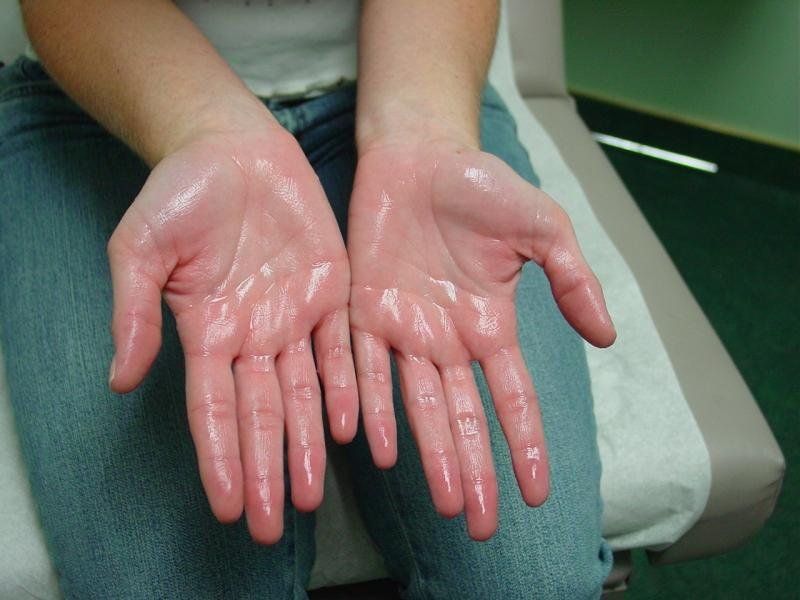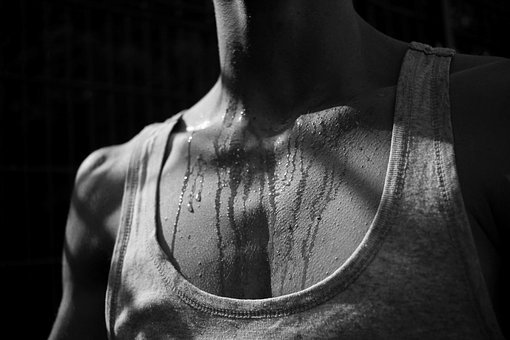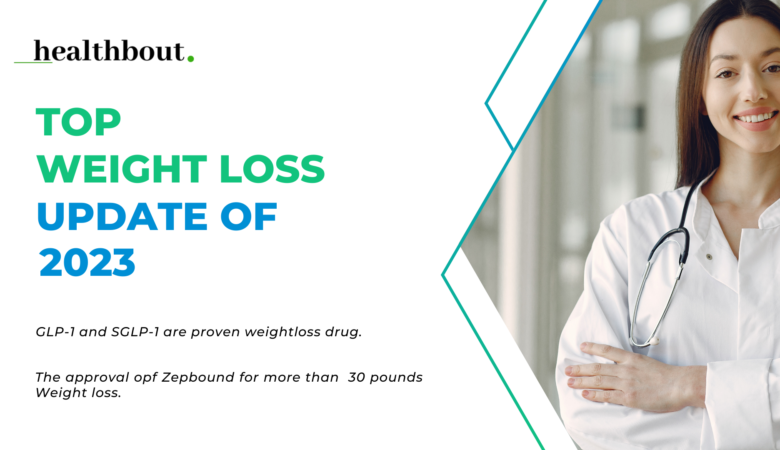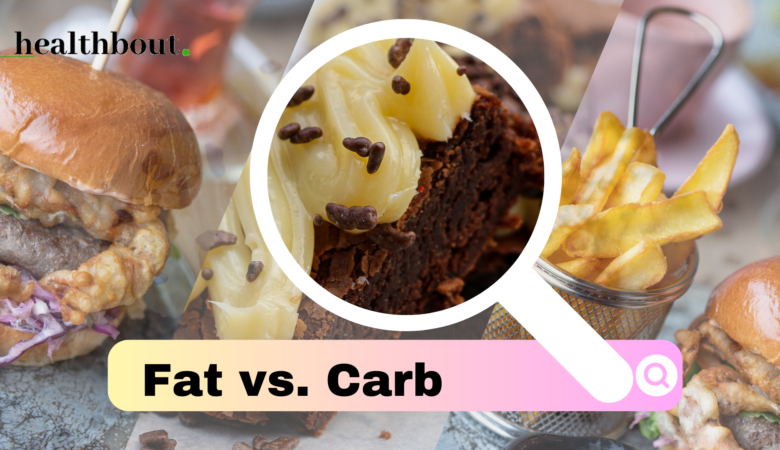Are you caused excessive sweating without doing any rigorous exercise or environmental heat and it disrupts your normal activities. Does it affect your social life or daily activities? This problem of unreasonable sweating is termed as hyperhidrosis.
Although sweating is a physiological and vital process, the causes of excessive sweating can result in substantially individual suffering. Nearly, 8 million Americans have diagnosed with hyperhidrosis.
Hyperhidrosis: The Problem of Excessive sweating.
Although not life-threatening, it can be uncomfortable and causes embarrassment and psychological trauma. It tends to begin during adolescence. Most uncommonly, the feet, hands, and armpits are affected.
If you are having the following experience then you are at risk of suffering from hyperhidrosis.
Sign and Symptoms of Excessive Sweating (Hyperhidrosis)
You are spending a large amount of time each day dealing with sweat, such as changing clothes, wiping, placing napkin or pads underarms, washing, wearing bulky or dark clothes.
Thinking of having employment from home to avoid social interaction due to prevailing of this particular problem.
- Reluctant to make physical contact.
- Suffering from painful skin infections due to bacteria and fungus.
- Clammy or wet palms of hands or wet soles of the feet.
- Frequent sweating and noticeable sweating that soaks through clothing.
Basically , sweating occurs due to body mechanism to cool itself. The nervous system automatically triggered your sweat glands when your body temperature rises.
Types of hyperhidrosis
Two types of hyperhidrosis are called primary(focal) hyperhidrosis and secondary hyperhidrosis.
Primary Hyperhidrosis:
Studies have shown that certain genes play role in hyperhidrosis, making it more likely that it could be inherited. The majority of patients with primary hyperhidrosis have a sibling or parent with the same condition. The fundamental reason behind the overly sweating condition for the people.
Secondary Hyperhidrosis:
Sometimes due to a medical condition, it causes excessive sweating all over the body.
- Diabetes.
- Menopause hot flashes.
- Thyroid problems.
- Low blood sugar.
- Heart diseases.
- Nervous system disorders,
- Infections – HIV, Malaria, TB(tuberculosis).
- Obesity.
- Pregnancy.
- Spinal cord injury.
- Gout.
- Medications including antidepressants , anticholinesterases.
This suffering can further surround you with more complications.
Complications of Heavy Sweating
Complications of Hyperhidrosis include:
- It can make you prone to infections
- Nail infections- Especially toenail infections.
- Warts- Skin growths caused by HPV(Human papillomavirus).
- Bacterial infections- Especially around hair follicles and between toes.
2. Psychological trauma- Social embarrassment which affects your personal and professional relationship.
Excessive Sweating Diagnosis:
Here, it is advisable, that if you had any of these suggested symptoms, on average people ignore issues, but it is a context of concern and needs to share with the doctor. So, this will not lead to further complications. Therefore, plan a visit to the doctor if it found essential.

The questions will examine your conditions by asking some questions to dig out your case. It turns out to find the basic reasons behind the problem of excessive sweating.
- How many times a week, you deal with overly sweating days?
- Do you have heavy sweating with no apparent reason?
- How often do you change in clothing?
- How often do you take bath shower/ wash?
These are some listed questions that doctor will ask you .this is a easy task to overcome.
As prevention is better than cure, so referring to medical guidance can save you from unwanted complications. The doctor will also give some lab tests to be conducted, to know the situation properly.
Especially, in primary hyperhidrosis condition, a minor’s starch iodine test is appropriate.
To know the quantity , it can be measured with a Plexiglas capsule and a continuous air stream –either the spontaneity released sweat or after stimulation.
Treatment for Excessive Sweating (Hyperhidrosis)
Local treatment
- Prescription antiperspirant –Aluminium chloride 15% to 20% or antiperspirants. This product can cause skin and eye irritation. It is usually applied to affected skin before you go to bed.
- Prescription creams- A prescription cream that contains glycopyrrolate may help hyperhidrosis that affects the face and head.
- Nerve block medications- Some oral medications block the chemicals that permit certain nerves to communicate with each other. Possible side effects can be dry mouth, blurred vision, and bladder problems.
- Tap water iontophoresis for palmar /plantar sweating.
- Glycopyrrolate for gustatory sweating.
- Injections of botulinum toxin.
Surgical treatment
Nerve Surgery
Endoscopic thoracic sympathectomy in sweating – disorders of the upper quadrant. During this, the surgeon cuts the nerves which control the sweat glands.
Surgery is generally not an option for isolated head and neck sweating.
Axillary curettage , liposuction for axillary hyperhidrosis .
Microwave therapy
Within this therapy, microwave energy is delivered which destroys the sweat gland.
Treatments involve to 20-30 minutes session, three months apart, possible side effects are a change in skin sensation and some discomfort. This therapy may be expensive and not widely available.
Systemic Medications for Hyperhidrosis
- Anticholinergic drugs ( e.g. methanthelinium bromide)
- Tricyclic antidepressants
- Beta-blockers
- Calcium channel blockers( e.g. diltiazem)
How to prevent or avoid the problem of excessive sweating or hyperhidrosis disorder?
You should also focusing on natural remedies to help stopping excessive sweating naturally.
- Tomato juice- Active ingredients are present in this. Tomato juice naturally shrinks the pores and reduces excessive sweating.
It also helps regulate your body temperature, Take a glass or two of tomato juice daily or use in your underarms and let it rest on your skin for 20 mins.
- Dandi patch- It is a solution that can replace your antiperspirant or deodorant used for underarms and will soak up any sweat released, protecting your clothes from wet marks and yellow staining. So, this soaks up any sweats released.
- Tea tree oil- If you are more concerned about the body odor side than the wetness, go with this remedy.
This is an anti-bacterial essential oil, so it will remove the bacteria that create a bad odor. Simply apply a few drops to cotton wool and wipe. As it makes the skin dry, less usage will be recommended.
- Lemons- Contains citric acid, a very strong and pottant substance that is known for eliminating harmful bacteria. It reduces the heavy sweating from the human body. Squeeze it first and then rub it on your underarms. Lemon, a good source of Vitamin C.
- Baking soda– Well known for a water-absorbing ingredient. It will replace deodorants and ends reasons for the excessive sweating problem.
Lifestyle remedies to prevent excessive sweating
1. Use antiperspirant
Non-prescription antiperspirants contain aluminum-based compounds that temporarily block the sweat pore.
2. Bathe daily
Regular bathing helps keeps the number of bacteria on your skin in check. Dry yourself thoroughly, especially between the toes and underarms.
In addition to your change in lifestyle, every recommended excessive sweating treatment should be followed seriously.
3. Change your socks often
Change socks or hose once or twice a day, drying your feet thoroughly each time. Use over the counter foot powders to help absorb sweat.
4. Try relaxing techniques
Consider relaxation techniques such as yoga, meditation, and biofeedback. These can help you learn to control the stress that triggers sweating.
5. Air your feet
Go barefoot when you can, or at least slip out of your shoes now and then.
6. Change shoes and socks made of natural materials
Shoes made of natural materials, such as leather, can help prevent sweaty feet by allowing your feet to breathe. When you are active, moisture-wicking athletic socks are a good choice.







